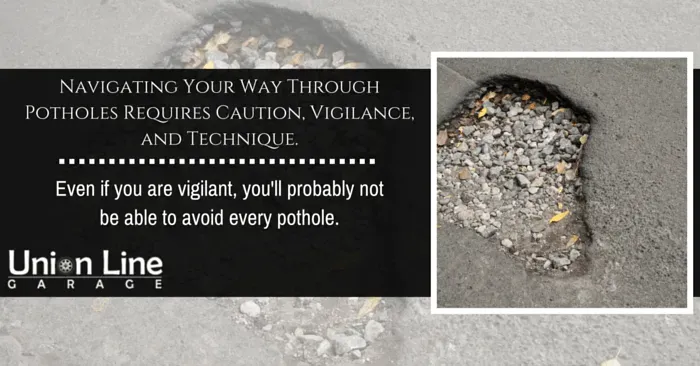The Porsche air-cooled engine is a piece of timeless automotive machinery. The Porsche 911 was powered by an air-cooled engine until 1998. Air-cooled engines, although very simple to tenured technicians, may be a headscratcher to the newer generation of technicians. Many Porsche dealerships have moved away from working on air-cooled 911 engines, leaving many people have been displaced. One of the important talking point to remember is that most owners of these types of classic Porsches look for a specialist and technician that has internal engine knowledge. The reason for this? Simple, the likelihood of having to remove the engine to do certain repairs is very high.
Most of these cars do not get driven a lot and are “nice weather vehicles.” They will typically sit in the garage for half of the year during the winter months and come out of hibernation for the summer. Most people do not think that this is problematic. The issue is that over time, lack of use causes gaskets to shrink. When this happens, after starting the engine, the gaskets will expand. When this happens repeatedly over time, fluid will leak and the gaskets will no longer serve their purpose. There are several common areas of leakage:
- Valve cover gaskets leak which causes oil to burn onto the exhaust
- Valve stem seals leak internally in the cylinder head
- Cylinder head gaskets leak externally
- The rear main seal will leak, filling up the bell housing of the transmission with fluid and then leak out from where the engine and transmission come together.
How to Inspect for Leaks
When your Porsche is serviced by a trained technician, a complete multi-point inspection is performed. Any underbody shields will be removed so that there is complete access to the underbody of the vehicle so it may be inspected for leaks. Any residual fluid will be cleaned and a fluorescent dye is administered to the fluid system. Then with ultra-violet light (similar to a CSI investigation), the areas may be inspected to find the source of the leak, that way the area of leakage can be determined and an accurate estimate may be provided for performing the repair. Photo documentation of the inspection is done as well to maintain a proper health record for the vehicle. A proper repair will include cleaning and degreasing the affected areas and make sure that there is no residual oil left anywhere.
In great condition, a classic base-model Porsche can fetch $30,000 and certain editions can bring over $70,000! Most Porsche enthusiasts think of them as a 401k that they can have fun with before cashing out.
Here are some reasons why these air-cooled 911’s are so great:
- Air-cooled engines are light weight, attributing to the vehicle’s speed
- A light weight car is more nimble and can be a lot of fun to drive, both on the track and on the street
- The sound that an air-cooled engine makes is like no other engine, and at higher RPM’s can “Sooth the Soul”
- It’s a timeless look when the bonnet is open
- An air-cooled engine is far less expensive to maintain or repair than its successor
- There is not a liquid cooling system that needs to be maintained or repaired
Always remember: Keep those tires spinnin’ and your face grinnin’!

